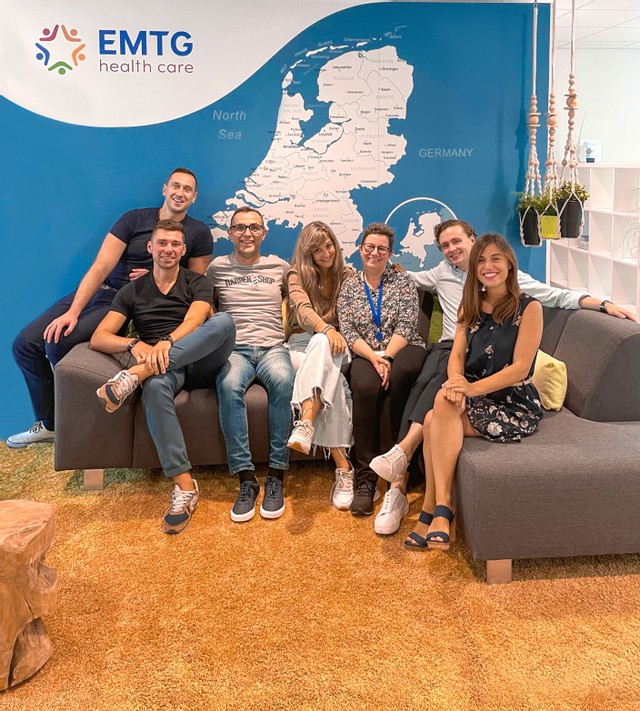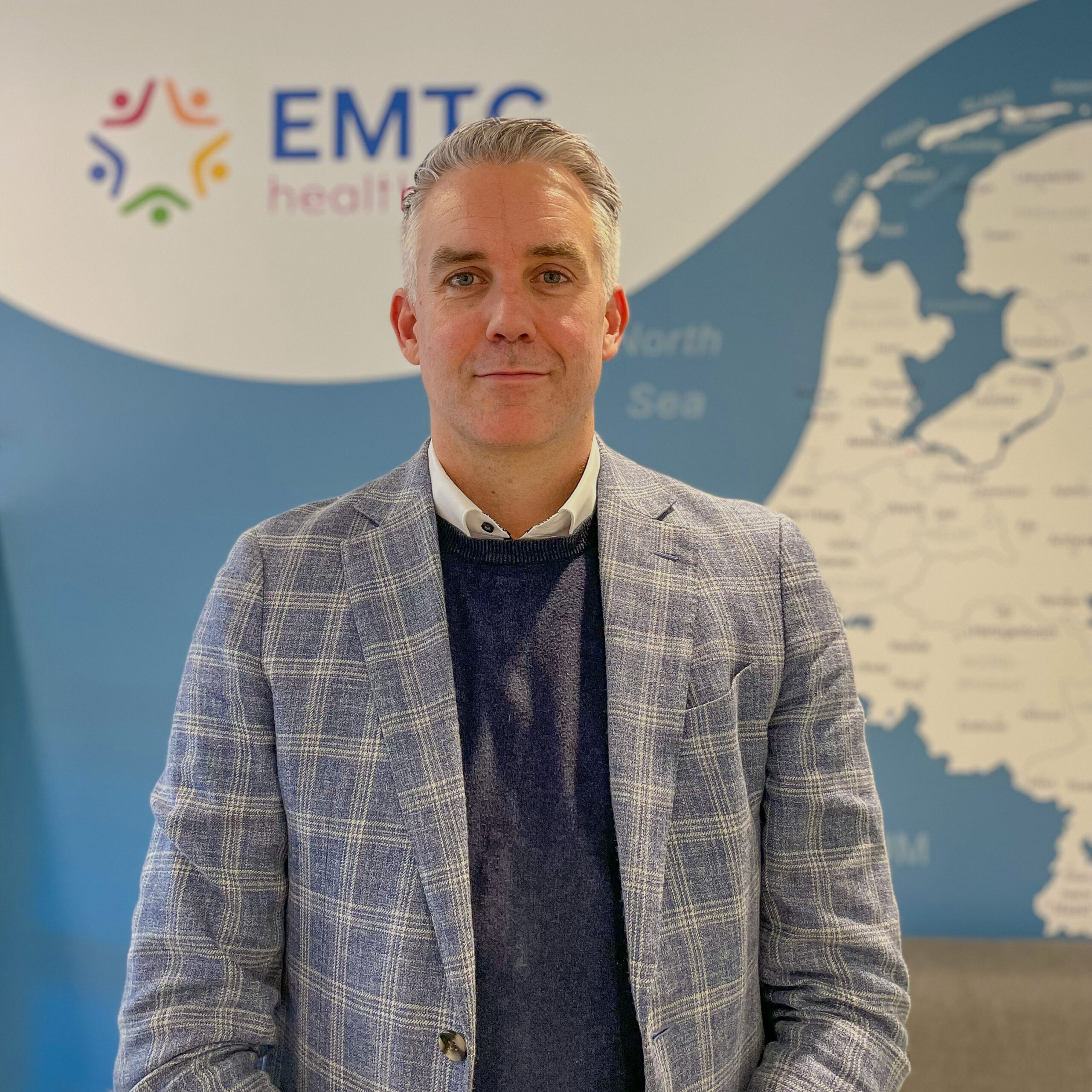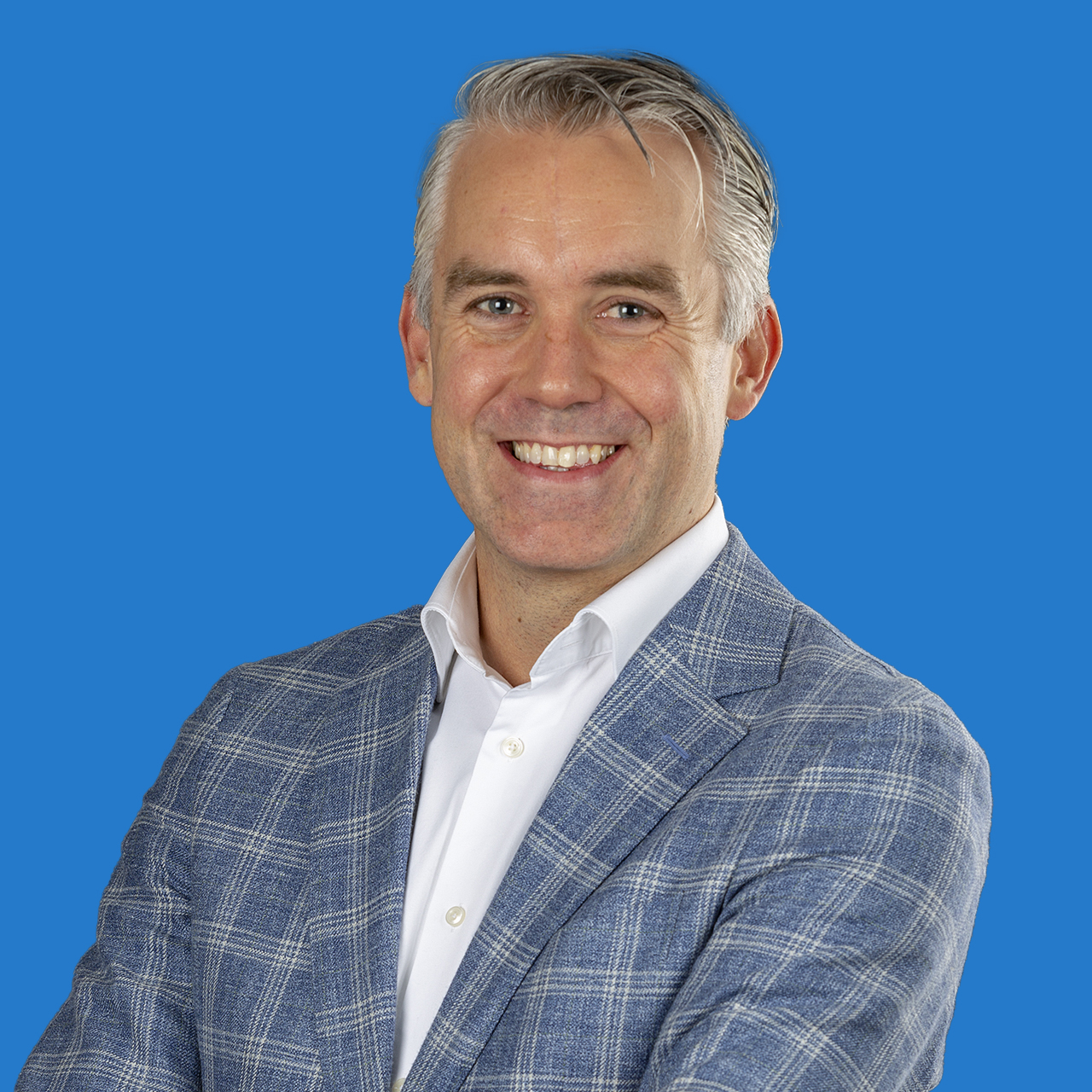Meet the EMTG Team – Angelo Hiraldo Vos
At EMTG we strive to connect motivated European healthcare workers to Dutch healthcare institutions. Our international recruitment team consists of highly experienced staff members with great knowledge of the Dutch healthcare system. They are the first contact point to healthcare professionals interested in pursuing a new professional challenge in their life abroad. In this blog, we would like to introduce to you our International Recruitment Manager, Angelo Hiraldo Vos, who will share an overview of working in the Netherlands and provide an insight on how to prepare for your next interview.

1. Can you tell us something about yourself?
We have recruiters all over Europe. In Portugal, Spain, Italy, Greece, Croatia and Slovenia. My job is to support and guide them on how to convince nurses and care assistants to join our program. I teach them the strategies that they can use, SWOT analysis to make and to have the best visibility possible in their countries. I help out with creating virtual events, job fairs and place emphasis on the personal approach. I believe that we can gain a lot of commitment through personal approach so being present at events is important.The recruiters are the first point of contact for most nurses. They are not only recruiting but also the guidance towards the Dutch language program so they also perform administrative duties so that the nurses can start the program. They are responsible for staying in touch and motivating the nurses.
2. What top attributes do you look for when screening and interviewing candidates?
What we are looking for is personal competences. Be pro-active, in the Netherlands we are not task oriented but responsibility oriented. So, we will not tell you exactly what you need to do but you do have certain responsibilities. So, show your commitment, show that you are dedicated. If you have the right energy with you then for sure you will have a bright future in the Netherlands.
3. What’s a do and don’t for candidates when applying and/or interviewing?
Do have your documents prepared. Stay in touch with your recruiter because we need to know if you are going to be there. Show your willingness.
Don’t make any assumptions, don’t respond through e-mail in a hard way, because e-mails and messages can get interpreted in the wrong way a lot of times. If you are dealing with an obstacle or challenging situation, the best thing to do is to call the recruiter and explain the situation face to face or phone but not by text because it can be read in the wrong way.
4. What are the basic requirements for working in the Netherlands, via EMTG?
You need to have a nursing bachelor degree obtained at a university in a EU country. With that you will have the possibility to work in the Netherlands. You need a registration by the BIG. The BIG-register requires some extra documents next to your degree. These documents include: A state of good conduct, copy of ID/passport and a registration at your own country.
5. Is the EMTG program for everyone?
The program itself can be for every healthcare professional. The Dutch language is the Dutch language. What we do extra is that we teach them the Dutch health system protocol for nurses. If we get the task from clients to look for other medical professionals such as doctors or psychologists, then we have to also make them aware of the Dutch protocols for those segments.
We do have tailored programs available. When the nurses start in the Netherlands, we look together with the client at the nurses’ talent, character, goals and then make a growth path to challenge them and have a long-term plan.

6. What can healthcare professionals expect in the Netherlands?
It already starts during the Dutch language course at Academia Neerlandesa. The moment they start their course, they are confronted with the Dutch language and culture system. They are already taught the Dutch cultural habits such as coffee breaks, lunch breaks and interaction with the teachers.
When they arrive in the Netherlands we pick them up from the airport and bring them to their new homes. From there the more practical things start. Think of registration at the town hall, the BSN number etc.
If put in the right amount of effort, patience and dedication, then the nurses can expect growth opportunities, job security and a great work-life balance.
7. In brief, what is the main (cultural) difference of working in Italy and the Netherlands as a health care professional?
It happens that I was confronted with this topic when I was in Portugal recently. Being there at a fair, what I saw was that family is very important in countries such as Portugal, Spain, Italy…the more Mediterranean countries. I am not saying that it is not important in the Netherlands, it is important but we have a more formal care of our family. When they become older and less independent, in Spain and Portugal the children or grandchildren take care of their elders. Here in the Netherlands we want the best care for them so we place them formally in a nursing home where they get professional care. So that is a big difference between different countries.
Because EU nurses have a profound respect for the elderly, they have a big advantage when coming to the Netherlands. Here in the Netherlands everything is business like. Everything happens on time. An advantage that nurses from countries such as Spain and Portugal have, are that they have this special warmth towards clients that we do not see with Dutch nurses.
Another big difference is the hierarchy system. In other countries the doctor tells nurses what they need to do. In the Netherlands there is a horizontal structure. In some cases, nurses tell doctors what to do. So again, coming back to what I said earlier about being pro-active, this is the responsibility of our nurses. The nurses are accountable for their responsibilities in the same way that doctors are also held accountable for theirs. There is more autonomy here than in their own countries. In the Netherlands you don’t work more than 36 hours.
8. Have you been to the Netherlands? What’s your favorite city in the Netherlands and what do you like the most about the Netherlands?
I come from the Amsterdam area so naturally I have to say that this is my favorite area in the Netherlands. There is more than Amsterdam, think of Zaandam, Volendam and Haarlem.
9. What are the professional growth opportunities for foreign healthcare professionals in the Netherlands?
Actually, the whole program is driven on independence. When you work as nurse in the Netherlands, you have to learn Dutch, which gives some form of independency. It gives you a better quality of life. Like Laura mentioned, there is a lot of opportunity to become a specialist.
10. What do you like the most about being a Recruiter/talent Acquisition Specialist?
Now we have 8 recruiters working throughout Europe. I have to listen to them, guide them, motivate them, and create strategies with them. Every country is different so we cannot just use one strategy. This takes a lot of my time but I like it because it motivates myself. I need to go to fairs around Europe to show the recruiters my own motivation and dedication of the personal approach towards nurses. This costs time but gives satisfaction.
I also have to investigate new potential markets where we can recruit nurses. This makes my job interesting and varied but challenging, which I like.
Would you like to learn more about the opportunities for health care professionals in the Netherlands?
You are welcome to attend an (online) info day or contact Angelo directly. Furthermore, you can follow them on Instagram as @emtghealthcare and see what life is like working and living in the Netherlands.
Are you ready for the challenge?
